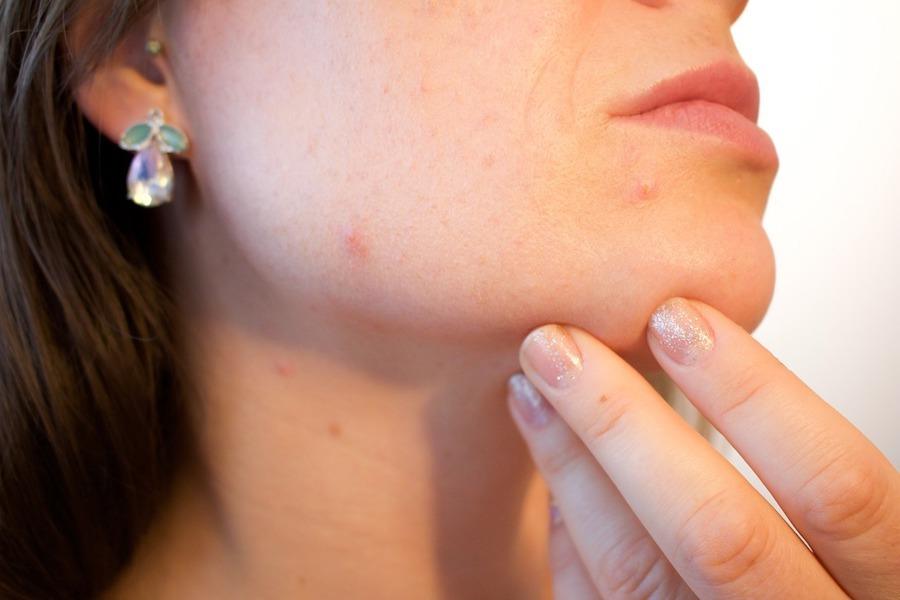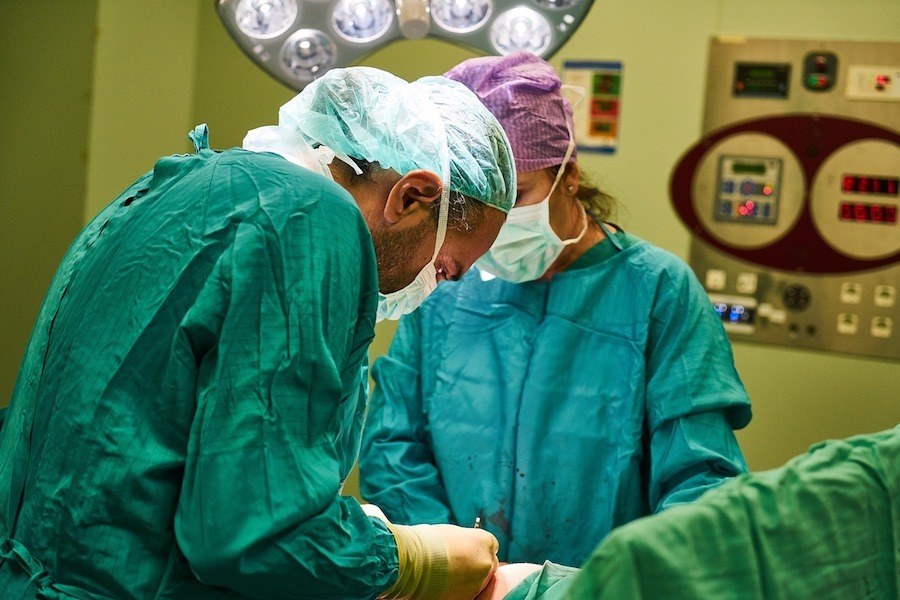What Causes Excess Testosterone in Females?

If you have hirsutism you’ve probably wondered what causes the excess testosterone in your body, and even more importantly, what you can do about it. While it is normal for every woman to have both “male” and “female” hormones in her system, a hormonal imbalance can lead to various conditions. Hirsutism is one of them. Excess testosterone can have many different root causes and symptoms. In this article we try answering the question “What causes excess testosterone in females?”
What is Testosterone?
Testosterone is the male sexual hormone. It is a steroid and stimulates development of male secondary sexual characteristics such as facial hair, muscle mass, deep voice etc. Testosterone is produced in the testis of males and adrenal glands of both males and females. Even in healthy women, a certain amount of testosterone is necessary for proper growth, maintenance and functioning of the body. This is why in women, a small amount of testosterone is produced in the ovaries. A lack of testosterone may lead a woman to experience lethargy, lack of muscle mass, mood changes and weight gain. So although it is a male hormone, women need it too. But in adequate amounts only.
The Symptoms of Excess Testosterone in Females
Testosterone, as mentioned earlier, is the hormone responsible for giving secondary male sexual characteristics. If testosterone levels are too high in a woman, you may notice the following changes occurring. These symptoms will happen gradually, so even before you notice, someone else may see the changes in you, especially if they are seeing you after some time.
Increased Body Hair
Your body hair will grow in excess and thicker. For example excess facial hair will be noticeable above the upper lip and around the chin, on the chest, the thighs, the arms. The hair can be dark and coarse. This male-pattern hair growth is also known as hirsutism.
Hair Loss or Going Bald
While you gain body hair in certain areas, you may also lose hair on your head and it will be thinning. Balding may be visible with time and can be similar to male pattern baldness (temples and crown of your head). For women this balding can be a huge cosmetic concern.
Acne
Acne is caused by excessive production of sebum or natural oils due to over activity of the sebaceous glands. The pores which bring the oils to the skin’s surface get blocked by dead cells and thickened skin. When sebum is trapped within, bacteria called propionobacterium multiplies, which leads to acne. Overactivity of the sebaceous glands can occur due to excessive testosterone. Acne doesn’t only occur on the face, but often also on the neck, chest, back and upper arms.

Voice changes
Excess testosterone can lead to a change in your voice making it deeper.
More Muscles
Just like men, women can develop more muscles if there is too much of testosterone.
Enlarging Clitoris
Increased testosterone can also cause the growth of your clitoris. The clitoris is the equivalent organ to the penis in males, which is why it is affected by excess testosterone.
Irregular Menstruation and Sub-fertility
For regular periods to occur, there should be a balance between estrogen and progesterone, which are female hormones. If there is excess testosterone in a woman’s system, this balance will be lost. So the menstruation will be irregular or there will be no menstruation at all (amenorrhea). The hormonal imbalance will lead to a dysfunction of the ovaries in females. Ovaries produce ova (eggs) monthly as part of the reproductive cycle. When the ovaries do not function well, the ovulation does not take place regularly or at all, which can make it more difficult to conceive.
Decreasing Size of Breast
When the hormonal balance is lost, women can experience that their breasts are getting smaller.
Mood Changes and Poor Libido
When testosterone levels exceed the action of estrogen, a woman can experience symptoms such as a poor sex drive (libido) or mood changes.
Obesity and Weight Gain
Obesity and weight gain are not a direct result of excessive testosterone. In combination with insulin resistance, however, the excess male hormones can lead to a chance in the metabolism and lead to the craving of high fat foods and sweets. This can lead to obesity and weight gain.
What Causes Excess Testosterone in Females?
The amount of testosterone circulating in a female body depends on the production of testosterone and how it is broken down by the liver. Normal testosterone levels in a woman should be between 15 – 70 ng/dl. In case the measured value is higher, there might be an excess production of androgens, which can lead to symptoms such as hirsutism.
Behind most cases of hirsutism, there is an underlying cause that causes the excess production of androgens. Below are the most common ones:
Polycystic Ovarian Syndrome (PCOS)
Polycystic ovary syndrome (PCOS) is the most common cause of hirsutism in women, it affects between 5 – 10% of women of reproductive age. PCOS is a chronic hormonal condition that leads to excess amounts of androgens in the blood (also called hyperandrogenism). Also, it can lead to symptoms such as weight gain, acne, hair loss, anxiety and depression, and is linked to an increased risk of type 2 diabetes, cardiovascular disease and endometrial cancer.
You can learn more about PCOS in our in-depth article about PCOS. If you are experiencing the symptoms of PCOS, make sure to mention it to your doctor, as they can help you to find a treatment that works for you.
Other Causes of Excess Testosterone
Other causes of excess testosterone include:
- Congenital Adrenal Hyperplasia (CAH): An inherited disorder where the adrenal glands are enlarged. It is mostly diagnosed in childhood
- Tumors: In rare cases, there may be tumors present on the ovaries or adrenal glands that can cause an overproduction of androgens
- Idiopathic Hyperandrogenism: When no cause can be identified for the high androgen levels
What Can We Do about Excess Testosterone Levels?
As you can see, there are underlying causes of excess testosterone that can be quite serious, so it’s important to schedule an appointment with your doctor to identify the underlying cause and start treatment for it. It is key that you describe the symptoms you are experiencing to your doctor, as they can help you best and find a treatment that can help you get better.


